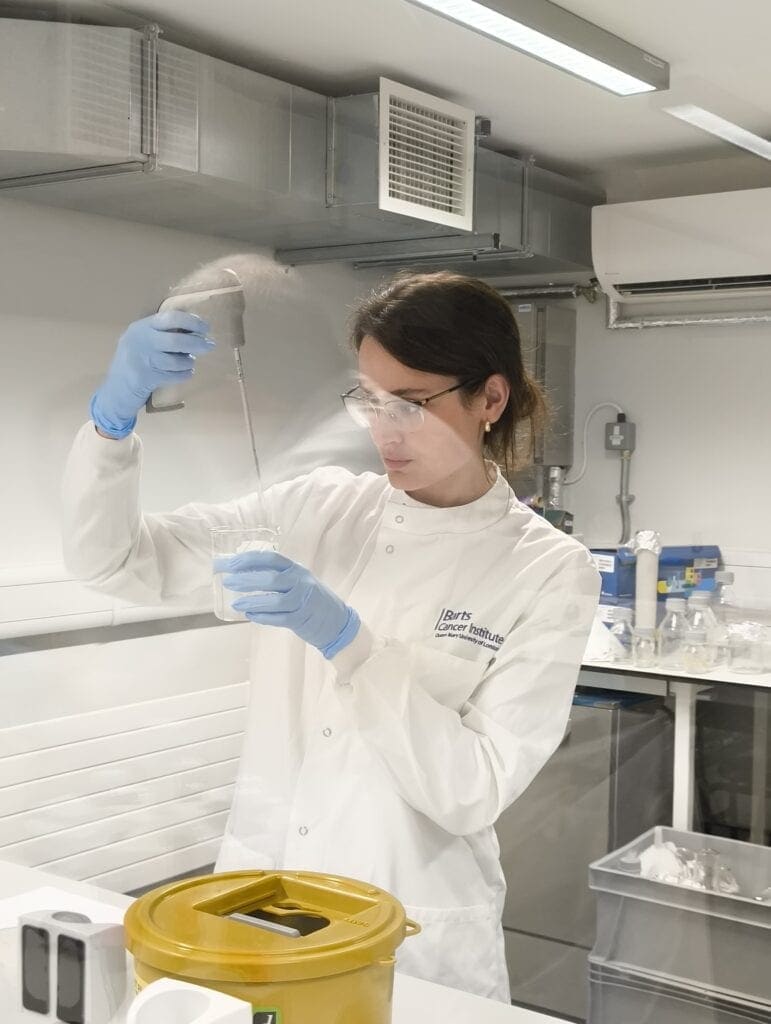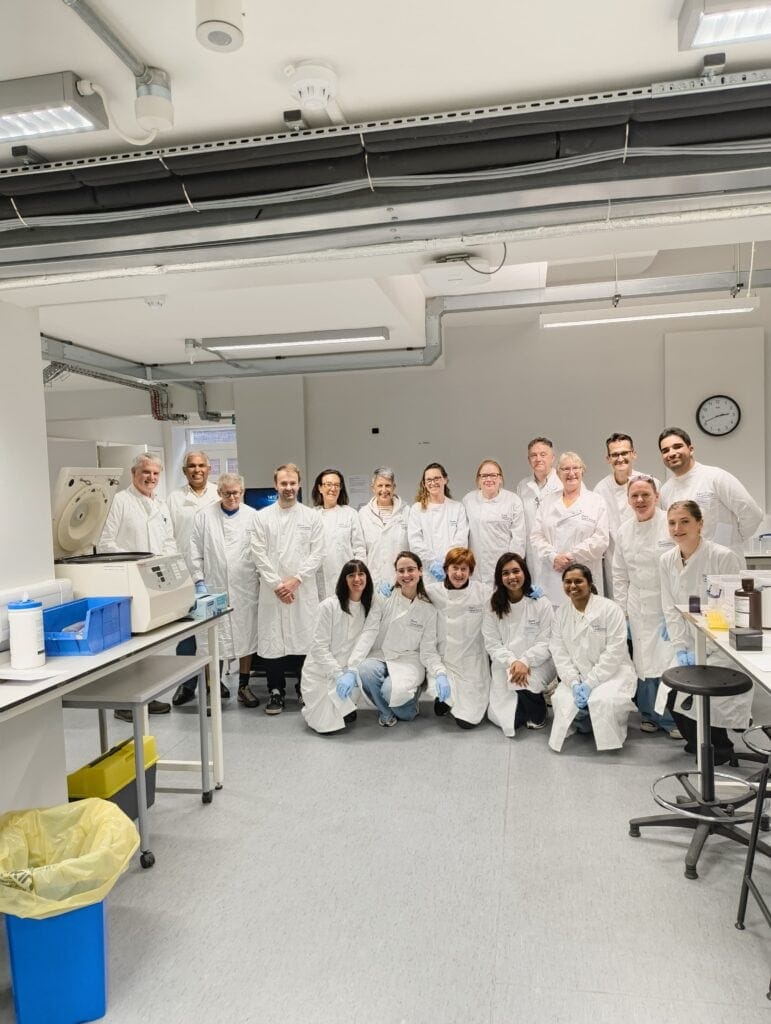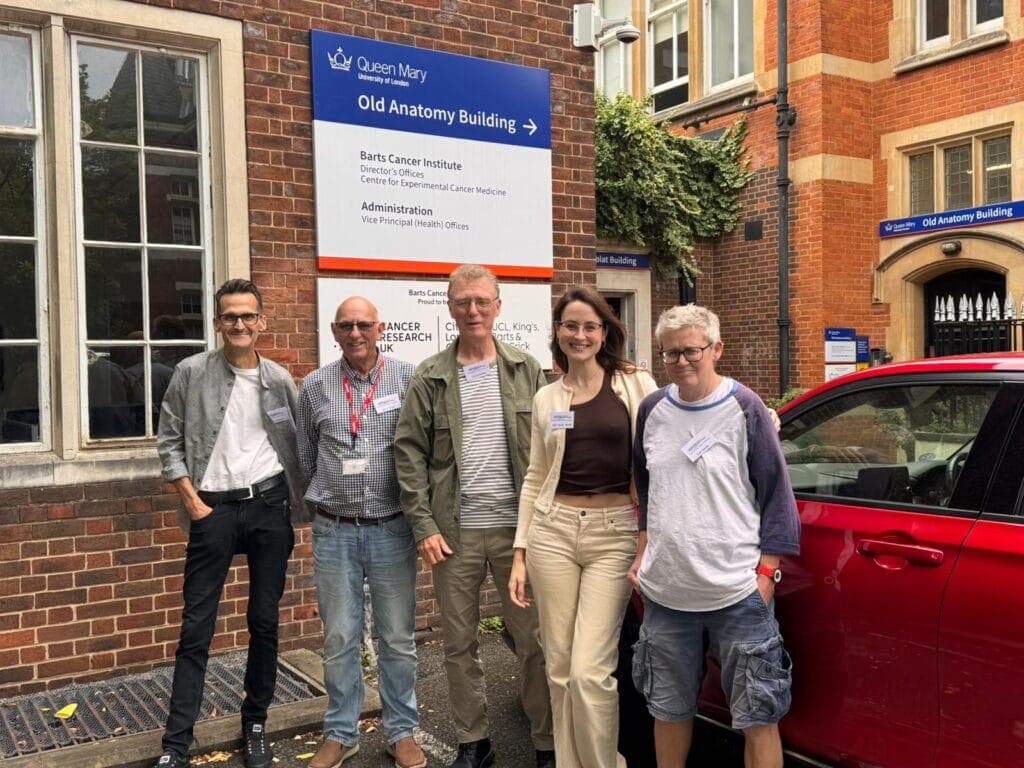VOICE: A Life-Changing Training in Cancer Research
This past week, I was lucky enough to participate in VOICE, a truly unique training programme for patient advocates, held in my favourite city: London.
It truly was a life-changing experience.
During this intense (but incredibly fun!) week, the doors of science opened to patient advocates, creating a space for us to learn, ask, understand, and become part of the conversation. We explored the fundamentals of cancer biology, research methods, and scientific literacy. We learnt directly from top researchers at the Barts Cancer Institute, asked lots of questions, challenged ideas, shared our experiences, and quite literally saw what happens behind the scenes.
It was fascinating, mind-blowing, and exciting.
Now, I feel more confident engaging in equal conversations with scientists and researchers. I have gained a deeper understanding, new tools, and a bit more confidence to contribute more meaningfully to the research process and conversations.
One thing that makes VOICE truly special is that it fosters a relationship of interdependence between patients and researchers. Where we are active and equal participants.
We understood cancer and explored what it really means. We learned about how cancer develops, how it’s studied, and how research leads to better outcomes.
It was beautiful and inspiring to see the passion and dedication of these professionals. The respect and care shown for the person behind every sample or statistic. Their curiosity and excitement to make this world a better place were contagious. It was the perfect example and proof that science, empathy, and humanity go hand in hand.



This experience has been brilliant, marvellous, mind-blowing, inspiring, and SO MUCH FUN. It also gave me a deep sense of peace knowing that there are researchers and healthcare professionals who truly care. Who wants to do better. Who are, indeed, doing better.
To the VOICE team, ICPV, BCI, researchers, and organisers: thank you so much for your time, passion, and commitment to bringing patients into the heart of science.
Author: